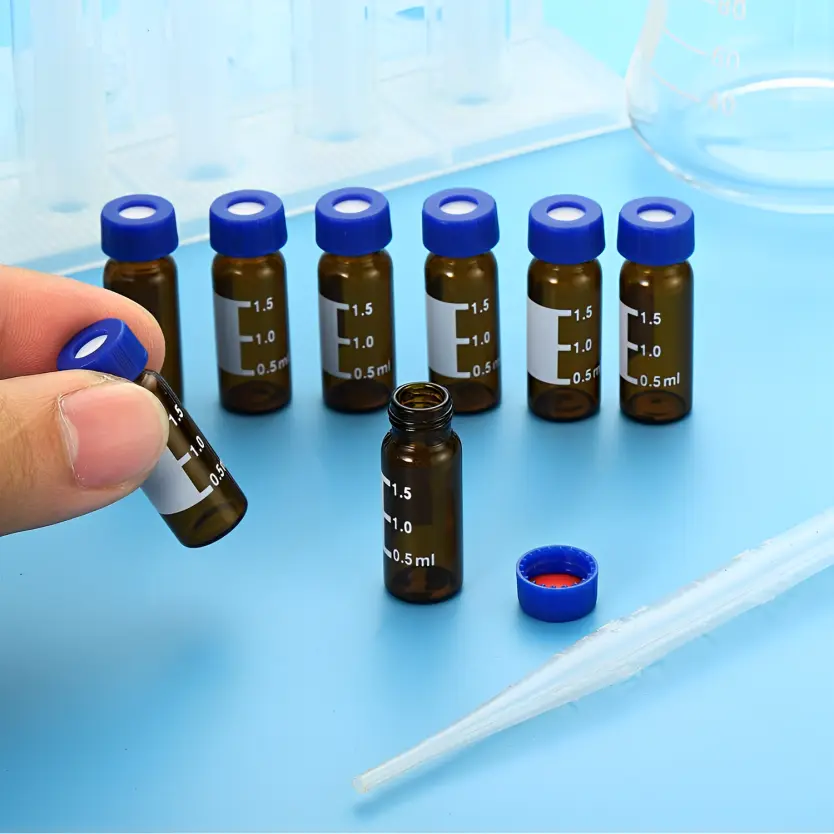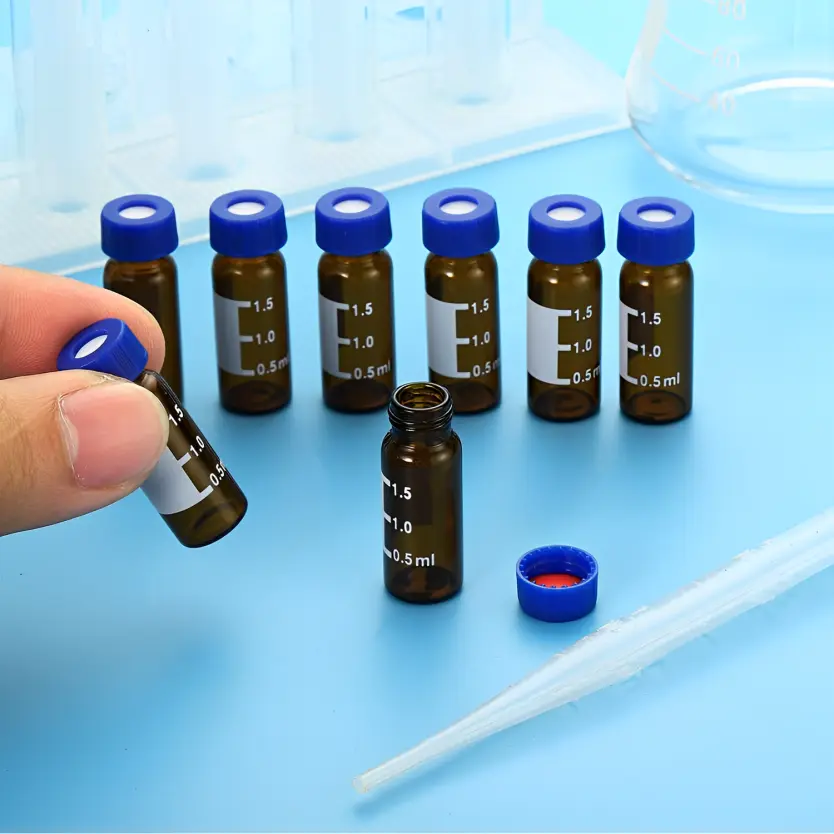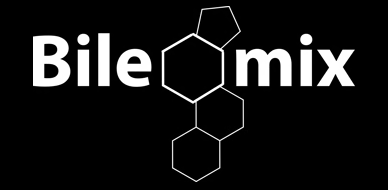
The Bile Acid Amidate Library provides researchers with a complete collection of 128 high-purity microbially-derived bile acid conjugates, representing a novel class of molecules for gut microbiome research [1][2]. These conjugates are emerging as critical indicators of host-microbiome interactions and show promise for advancing diagnostics and therapeutics in microbiome-related conditions such as inflammatory bowel disease (IBD).
Secondary bile acids, produced through microbial transformation of liver-derived primary bile acids, exhibit diverse biological activities in mammals. Recent discoveries have revealed hundreds of these compounds, many with undiscovered functions and therapeutic potential. This library enables comprehensive profiling of these metabolites using liquid chromatography-mass spectrometry (LC-MS/MS) platforms.



The library encompasses amidates derived from six fundamental bile acid cores, each representing key metabolites in bile acid metabolism:
| Core Structure | Significance | Product Sheet |
|---|---|---|
| Cholic Acid (CA) | Primary bile acid; most abundant in humans | Download PDF |
| Chenodeoxycholic Acid (CDCA) | Primary bile acid; FXR/TGR5 receptor ligand | Download PDF |
| Deoxycholic Acid (DCA) | Secondary bile acid; microbial metabolite | Download PDF |
| Lithocholic Acid (LCA) | Secondary bile acid; potential biomarker | Download PDF |
| Ursodeoxycholic Acid (UDCA) | Therapeutic bile acid; hepatoprotective properties | Download PDF |
| 7-Oxolithocholic Acid (7-oxoLCA) | Oxidized secondary bile acid | Download PDF |
Each core structure is conjugated with multiple amines, providing comprehensive coverage of the bile acid amidate metabolome.
Our technical team can provide guidance on:
Definitive identification through direct comparison with authentic chemical standards under identical analytical conditions.
This library provides Level 1 identification for all 128 compounds through:
This represents the “gold standard” for metabolite identification.
High-confidence assignment based on spectral matching to published data or curated databases when authentic standards are unavailable.
Applicable when extending beyond the core library compounds.
Tentative assignment based on spectral characteristics consistent with proposed structures.
Requires additional validation through authentic standards for confirmation.
Bileomix Libraries Level 1-3 Documentation


Ambient temperature; stable as dry powder

Store at -20°C for long-term stability

Refer to batch-specific Certificate of Analysis
This product is intended for research use only. Not for human diagnostic or therapeutic use.
Please contact our sales team to inquire about individual compound availability and pricing.
Yes. The library is fully compatible with UHPLC, HPLC, and related high-performance chromatography systems.
We offer custom synthesis services for bile acid conjugates and related compounds. Contact our technical team to discuss your specific requirements.
For orders, technical inquiries, or custom synthesis requests:
Our scientific support team includes PhD-level metabolomics specialists ready to assist with:
For background on bile acid amidates in microbiome research, see:
